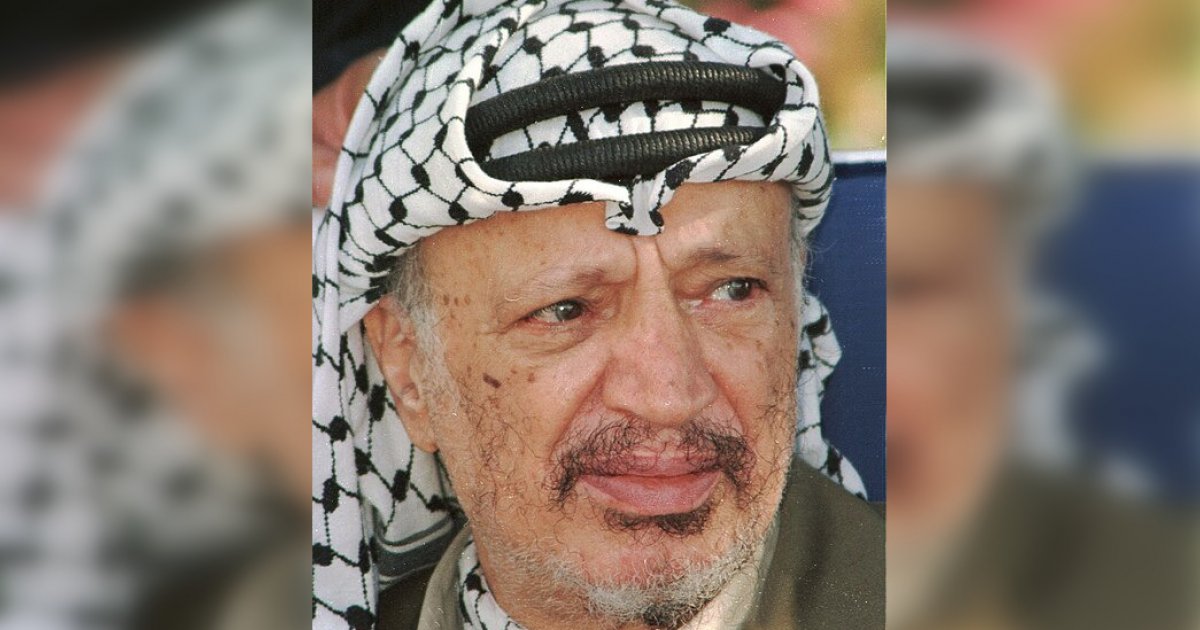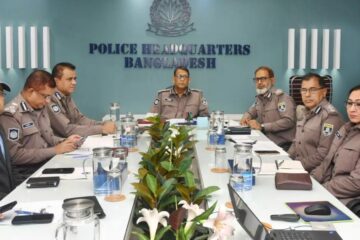On November 11, 21 years ago in 2004, the late Palestinian President Yasser Arafat was declared a martyr at Percy Military Hospital in Paris. Since then, the Palestinian people in the homeland and in the diaspora have commemorated his martyrdom. They remember him, evoke his glories, and renew the covenant on his path.
Yasser Arafat (Abu Ammar) was born in Jerusalem on August 4, 1929. He was among those who launched the first spark of the Palestinian revolution in 1965.
He led the Palestine Liberation Organization and addressed the world as the representative of a people whose land was stolen. He dedicated his life to freedom and brought glory to the Palestinian cause.
With his military uniform and his keffiyeh, which became a symbol of free people around the world, he embodied the image of the Palestinian rebel against the injustice of the occupier. He was not just a leader; he was, and still is, a symbol of the homeland and a voice of truth.
Abu Ammar delivered his famous speech at the UN General Assembly in 1974 after it recognized the Palestine Liberation Organization as the sole legitimate representative of the Palestinian people. His most famous address was in response to accusations of terrorism against the Palestinian revolution, when he spoke to the world in the language of revolution and peace, saying: “Do not let the green branch fall from my hands.”
On November 15, 1988, the independence of the State of Palestine was declared from Algiers. This national decision carried historic meaning. Although Palestine remains under Israeli occupation, the words of the Palestinian poet Mahmoud Darwish were embodied in Arafat’s speech, becoming an official document and a pivotal milestone for the Palestinian people: “On the land of heavenly messages to humankind, on the land of Palestine, the Palestinian Arab people were born. With epic steadfastness in place and time, the people of Palestine shaped their national identity and elevated their steadfastness in defending it to the level of a miracle.”
He was a man who believed in his people and their cause, and walked toward dignity and freedom. His passing undoubtedly affected the national march, but it taught us that the Palestinian national project is not the project of one person, but of an entire people and their struggle.
With the beginning of the Al-Aqsa Intifada in 2000, the Israeli occupation army imposed a tight siege on Yasser Arafat for about four years at the presidential headquarters in Ramallah. He survived more than one assassination attempt, but his health deteriorated in 2004 and he was transferred to Paris, where he was declared a martyr as a result of poisoning.
This anniversary comes as genocide and ethnic cleansing continue, in a clear attempt to eradicate the Palestinian presence, erase its identity, and destroy its national project of establishing a Palestinian state with Jerusalem as its capital.
Bangladesh was one of his favorite countries, which he visited thirteen times between 1976 and 2000. He felt proud when more than 500 Bangladeshi men volunteered to join the ranks of Fatah, the movement he led. On one occasion, Arafat told a group of Palestinian fighters:
“Sacrificing for the liberation of Palestine and Al-Aqsa Mosque is a moral duty for every Palestinian, Arab, and Muslim. You can ask your Bengali brothers who left their countries, families, and homes to fight alongside you to liberate Al-Aqsa Mosque and attain the honor of praying there.”
May God have mercy on Yasser Arafat.



